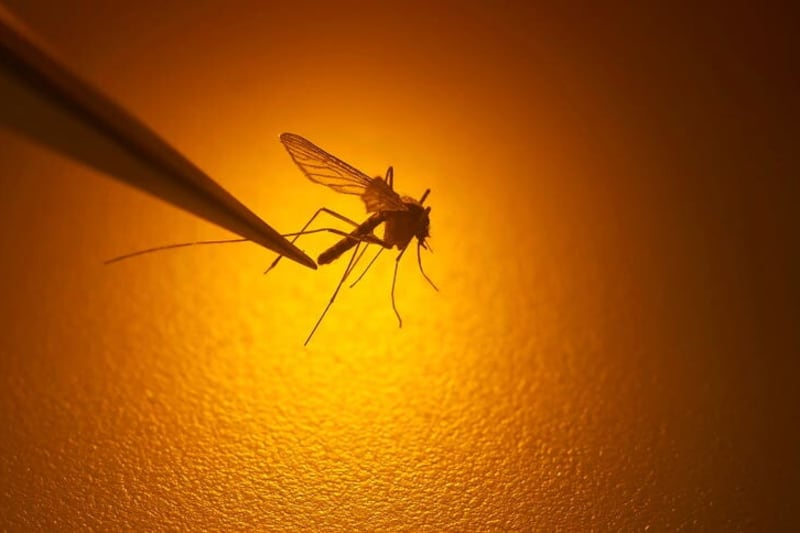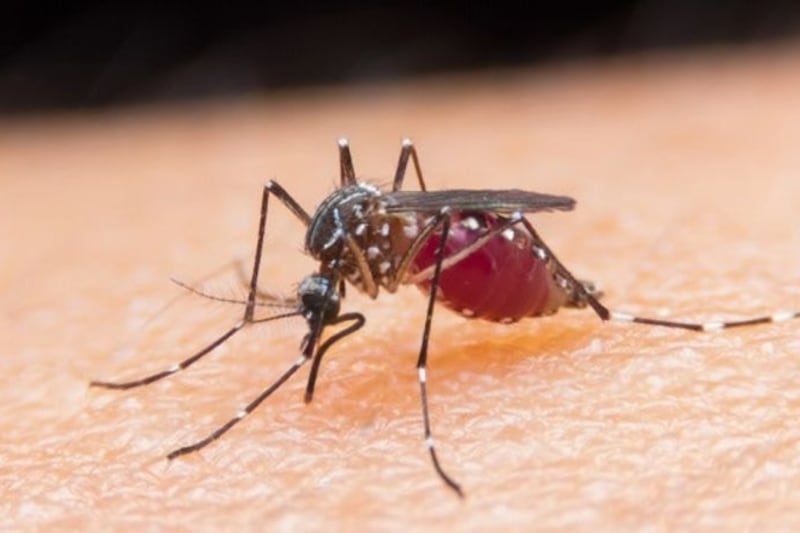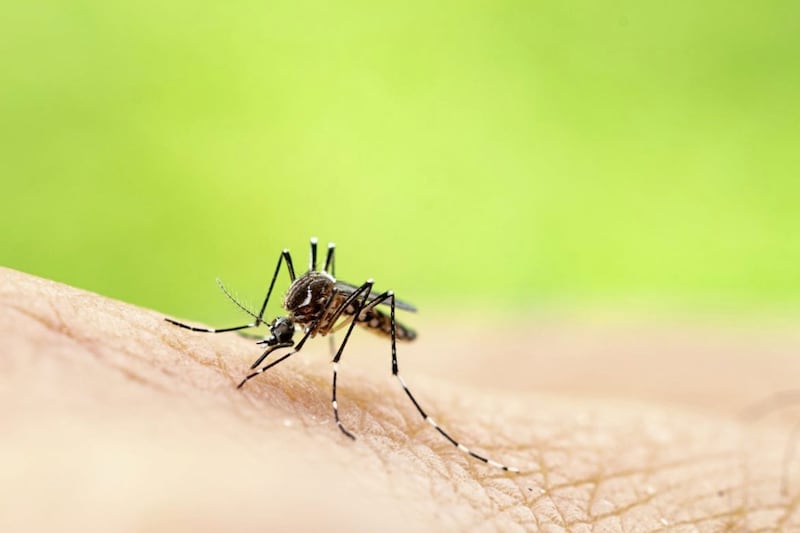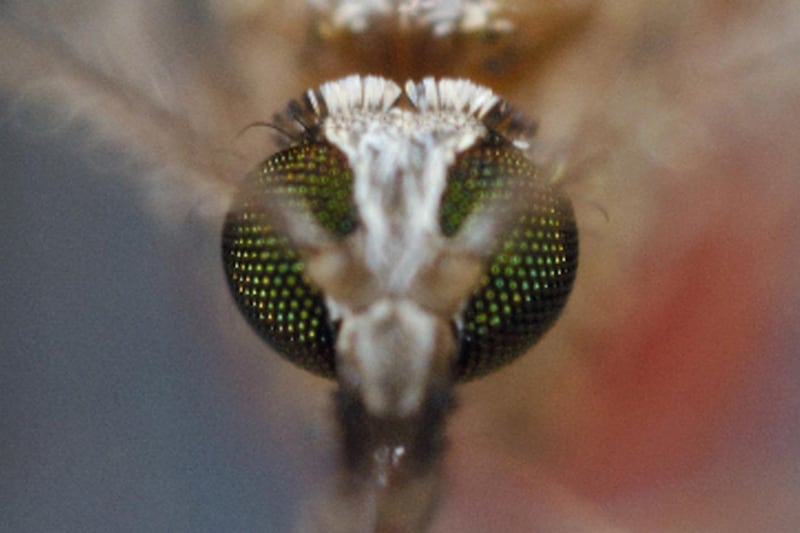FLIGHTS are booked, bags are packed and you’re all ready to jet off to some sunny destination for a break.
Mosquito bites can really spoil a trip away, so take some time before you leave to learn why the summer pests are attracted to people, how to deter them and what to do if bitten.
What attracts mosquitoes?
An estimated 10-20 per cent of people are highly attractive to mosquitoes and consistently get bitten more often than their counterparts.
Research suggests that mosquitoes are attracted to exhaled carbon dioxide, as well as chemical compounds secreted in skin and sweat, including lactic acid, uric acid, ammonia, steroids, and cholesterol to name a few.
Certain bacterial species that naturally inhabit human skin, e.g. Staphylococcus epidermidis, make individuals more attractive to mosquitoes whilst others e.g. Pseudomonas aeruginosa, appear to have the opposite effect.
Research also suggests that certain blood types are more attractive to mosquitoes than others. A large number of the population secrete saccharides or sugars through the skin dependant on their blood type that mosquitoes are able to sense.
Studies suggest that mosquitoes seem to prefer those with Type O blood and land on skin with Type O blood nearly twice as often as those with Type A.
Mosquitoes are also attracted to dark colours such as black and navy blue, as they use vision along with scent to locate their targets. It is best to dress in light colours such as white or pastels to reduce the risk of this.
Pregnant women are more susceptible to bites. This is likely due to the fact that they exhale relatively more carbon dioxide and have a higher resting body temperature.
How to prevent mosquito bites
Insect repellent is the most effective way of reducing the risk of mosquito bites or insect bites in general.
Diethyltouamide (DEET) is probably the most effective chemical repellent available and has a good safety record, according to consultant dermatologist & British Skin Foundation spokesperson, Dr Anjali Mahto.
Research has shown that a repellent containing approximately 20 per cent DEET will protect the wearer for about five hours.
Other chemical agents available include icaridin and IR3535. They differ slightly in their effectiveness and characteristics but all work in the same way, producing an odour that is unpleasant to mosquitoes.
There are also a number of plant based chemicals that can offer some protection against mosquito bites. They are not as effective as DEET and are not recommended as the only protection in areas that are endemic to malaria. These include citronella, lemon eucalyptus, and neem to name a few.
What to do if bitten
Insect bites can commonly cause lumps (papules), itching (pruritus), and whealing (urticarial) of the skin.
There are a number of things that can be done to minimise discomfort these cause.
- Antihistamines – taking oral antihistamines will relieve the itch and swelling e.g. cetirizine 10mg once or twice a day.
- Mild steroid cream – hydrocortisone 0.5-2.5 per cent applied twice daily for a few days can reduce inflammation and itching
- Calamine lotion to affected areas
- Cooling the skin e.g. with a cold compress
The bites should usually settle within a few hours to a few days. It is important to avoid scratching the skin as this increases vulnerability to developing infection at the site of the bite.
If you notice pus or discharge in or around the bite, increased pain, redness or swelling, or swollen glands, then suspect infection.
This may require treatment with oral antibiotics (usually flucloxacillin unless there is an allergy to penicillin) so consult a doctor.







